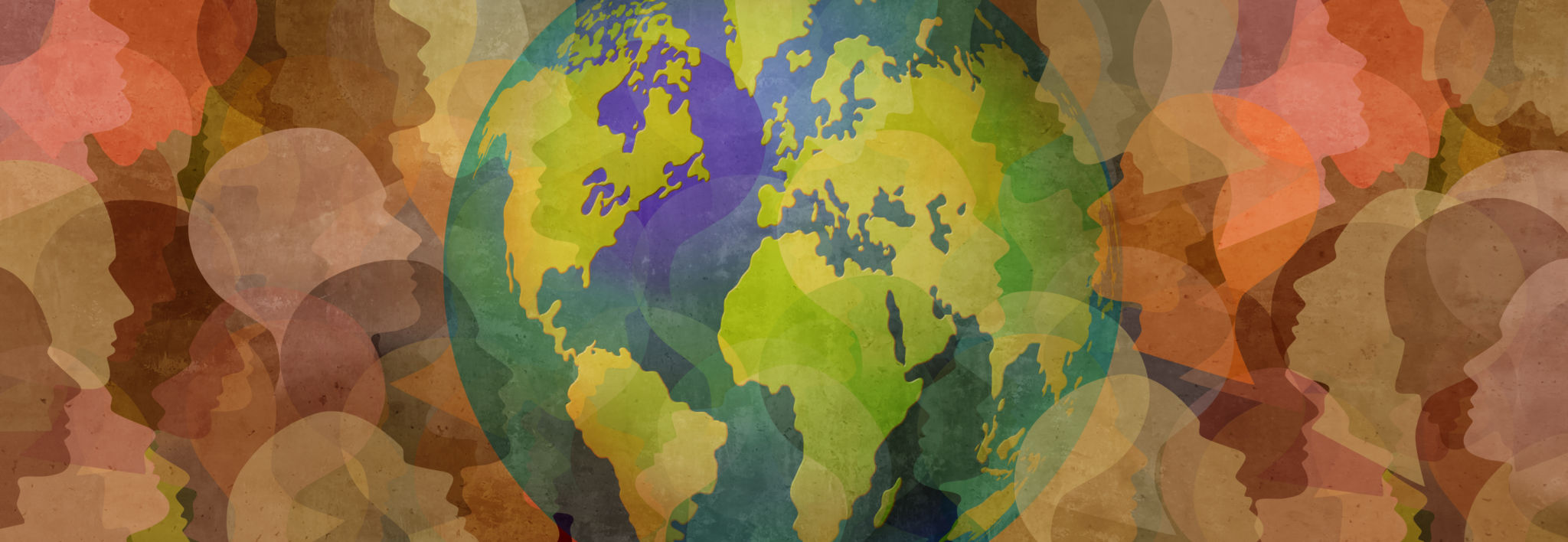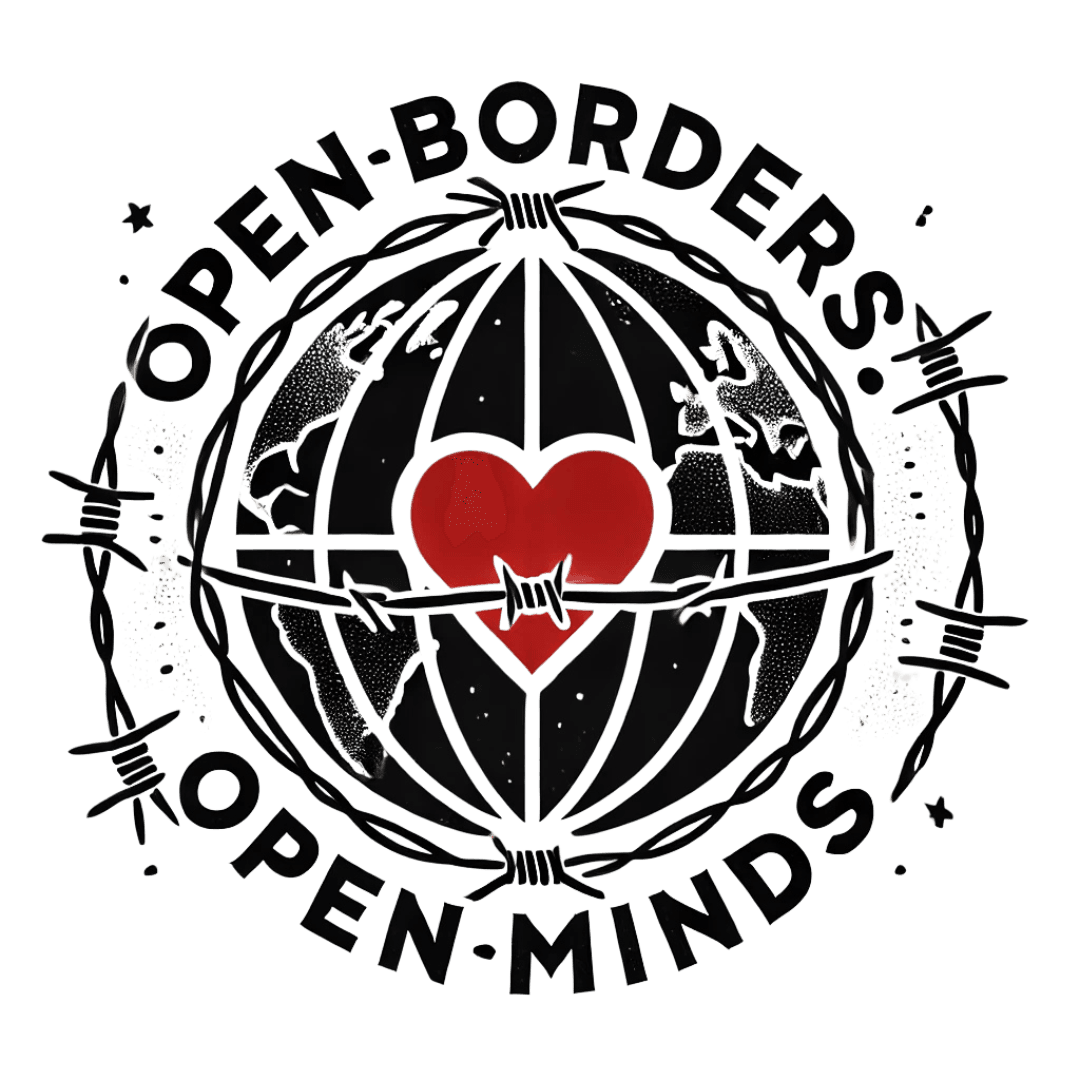Global Migration Discussions: What You Need to Know
Understanding Global Migration
In today’s interconnected world, migration is a topic of increasing relevance and complexity. Whether driven by economic opportunities, conflicts, or environmental changes, migration impacts both the countries migrants leave and those to which they relocate. Understanding the dynamics of global migration is essential for informed discussions and effective policy-making.
Global migration involves the movement of people across borders, which can be voluntary or forced. Voluntary migration often revolves around seeking better job opportunities or education, while forced migration is typically due to conflicts, persecution, or natural disasters. Recognizing these distinctions is crucial in addressing the specific needs of each group.

Key Drivers of Migration
Several factors drive global migration. Economic disparities between countries are a significant factor, with people moving from regions with limited job prospects to those with more opportunities. Political instability and conflict also force people to flee their homes in search of safety and security.
Environmental changes, such as climate change and natural disasters, increasingly contribute to migration patterns. Rising sea levels, desertification, and extreme weather events displace millions each year, emphasizing the need for sustainable solutions and international cooperation.

The Role of International Policies
International policies play a vital role in managing migration flows. Organizations like the United Nations and the International Organization for Migration work to establish frameworks that protect migrants’ rights while balancing national interests. These policies include agreements on safe migration routes, humanitarian assistance, and integration programs.
Furthermore, bilateral agreements between countries can facilitate legal migration pathways, reducing the risks associated with irregular migration. By fostering cooperation and sharing best practices, nations can better manage migration challenges.

Challenges and Opportunities
Migrants face numerous challenges, including legal hurdles, discrimination, and integration difficulties. Host countries must address these issues to ensure successful integration and social cohesion. This often involves providing language training, employment support, and access to education and healthcare.
Despite these challenges, migration also presents opportunities. Migrants contribute to economic growth by filling labor shortages, bringing diverse skills, and promoting cultural exchange. Harnessing these benefits requires inclusive policies that value diversity and support migrant communities.
The Future of Global Migration
As global trends continue to evolve, so will migration patterns. Technological advancements may offer new solutions for managing migration efficiently, while climate change will likely increase pressures on vulnerable regions. Proactive measures are needed to anticipate these changes and adapt accordingly.
Engaging in open dialogue and collaboration is crucial for shaping a future where migration is managed effectively and humanely. By understanding the complexities of global migration, we can work towards a more inclusive and equitable world.

